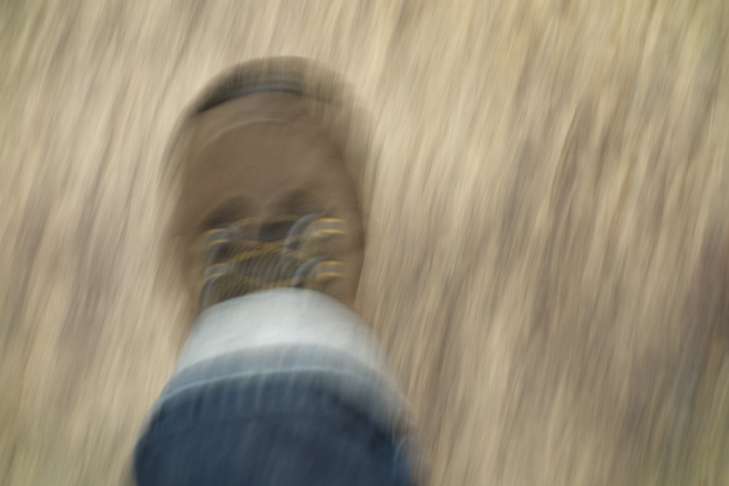Panic Attack: Signs and Causes
Panic attacks (episodic paroxysmal anxiety) are attacks of severe anxiety (panic) or fear (most often - fear of death, less often - fear of loss of consciousness, loss of control, helplessness or fear of “going crazy”), accompanied by a rapid heartbeat and a feeling of “suffocation”, "lack of air."
What can trigger a panic attack
The causes of panic attacks can be stress, increased anxiety, depression, and general exhaustion of the body.
Sometimes they can be caused by hormonal disorders, pathologies of the central nervous system, and some somatic diseases.
Stressful conditions, physical and emotional overload, alcohol consumption, lack of sleep, and chronic diseases can trigger the development of panic attacks.
These factors, influencing the autonomic nervous system, change the normal course of physiological processes.

A person feels a strong heartbeat, trembling, becomes covered in sticky cold sweat, has shortness of breath or breathing difficulties, numbness in parts of the body, and a feeling that something dangerous is about to happen.
On average, an attack lasts up to 10-15 minutes, sometimes a little more (up to an hour).
According to a 2013 study published in the Journal of Clinical Sleep Medicine, some people even wake up during the night due to what are called nocturnal panic attacks.
We previously talked about why it is important to step out of your comfort zone.


